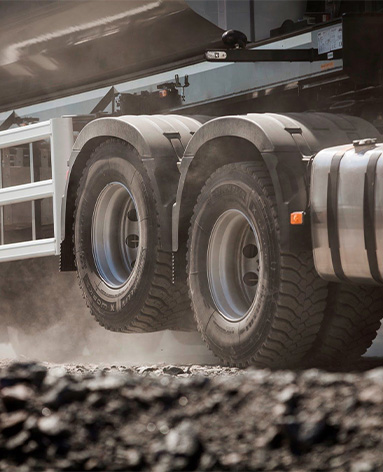Dec . 21, 2024 18:07 Back to list
converting brake drums to discs
Converting Brake Drums to Discs A Comprehensive Guide
Brake systems are arguably among the most critical components of any vehicle, ensuring safety and performance during operation. While traditional brake drums have been common for decades, many vehicle enthusiasts and professionals are turning to brake discs for their superior performance characteristics. In this article, we will explore the process of converting brake drums to discs, highlighting the benefits, the challenges involved, and providing a step-by-step guide for those considering this upgrade.
Understanding the Differences
Brake drums and discs function to slow down and stop vehicles, but they operate differently. Brake drums use a shoe that presses against a curved surface to create friction, while brake discs utilize calipers with pads that clamp down on a flat, circular disc. This difference leads to superior heat dissipation in disc systems, resulting in more consistent braking performance, especially under high-stress conditions.
Benefits of Converting to Disc Brakes
1. Improved Performance Disc brakes provide better stopping power and shorter stopping distances, especially under heavy loads or aggressive driving conditions. 2. Heat Dissipation Disc brakes dissipate heat more effectively than drums. This reduces the risk of brake fade, which is when brakes lose effectiveness due to overheating. 3. Maintenance Disc brakes are generally easier to inspect and replace than drum brakes. They don’t require the adjustment that drum systems do, leading to less maintenance hassle over time. 4. Weight Reduction Many modern disc brake systems are lighter than their drum counterparts, contributing to improved fuel efficiency and overall vehicle performance.
Challenges in Conversion
While the conversion process offers numerous benefits, it is not without its challenges. Here are some factors to consider
1. Cost Upgrading from drum to disc brakes can be expensive. New components, including calipers, discs, brackets, and hoses, can add up quickly. 2. Complexity The installation process can be complex and may require specialized tools. If you are not comfortable working on your vehicle's brake system, you may need to enlist professional help. 3. Compatibility Not all vehicles are designed to swap out drum brakes for disc brakes easily. It’s essential to research compatibility with the vehicle make and model. 4. Regulatory Compliance In some jurisdictions, modifying your vehicle’s braking system may have legal implications. Always check local laws and regulations before proceeding.
Step-by-Step Conversion Process
converting brake drums to discs

If you’ve decided to proceed with converting brake drums to discs, follow these steps
1. Research and Purchase Parts Start by researching the proper disc brake conversion kit for your vehicle. Ensure that all components are compatible and of high quality.
2. Prepare Your Vehicle Safely lift the vehicle using jacks and secure it with jack stands. Remove the wheel assemblies to access the existing drum brakes.
3. Remove the Drum Brakes Detach the brake drums, shoes, and associated hardware. Take note of how the components are arranged for reassembly of any parts that may be reused.
4. Install New Components Mount the new disc brake brackets, ensuring they are securely attached to the spindle. Install the new calipers and rotors according to the kit instructions.
5. Connect Brake Lines Replace the brake lines if necessary, ensuring there are no leaks. Properly bleed the brake system to remove any air bubbles.
6. Reassemble and Test Reattach the wheels and lower the vehicle. Before hitting the road, pump the brake pedal several times to ensure the calipers engage correctly. Test drive the vehicle in a safe area to ensure everything functions as expected.
Conclusion
Converting brake drums to discs can significantly enhance your vehicle's safety and performance attributes. While the process might seem daunting, proper preparation and research can make it a rewarding project. Always prioritize safety, and when in doubt, consult with professionals to ensure optimal results. Embrace the journey of improving your vehicle—your brakes will thank you!
-
Explore Japan: Ultimate Travel Guide & Authentic Experiences
NewsAug.19,2025
-
Your Brake Drum Man: Premium & Reliable Brake Drums for Sale
NewsAug.18,2025
-
ROR Web Development: Build Fast, Scalable, Secure Apps
NewsAug.17,2025
-
Scania Brake Drums: OEM Quality for Optimal Safety & Durability
NewsAug.16,2025
-
R.V.I: Advanced Remote Visual Inspection for Precision
NewsAug.15,2025
-
Discover HYUNDA: Innovative Vehicles, Equipment & Solutions
NewsAug.14,2025
